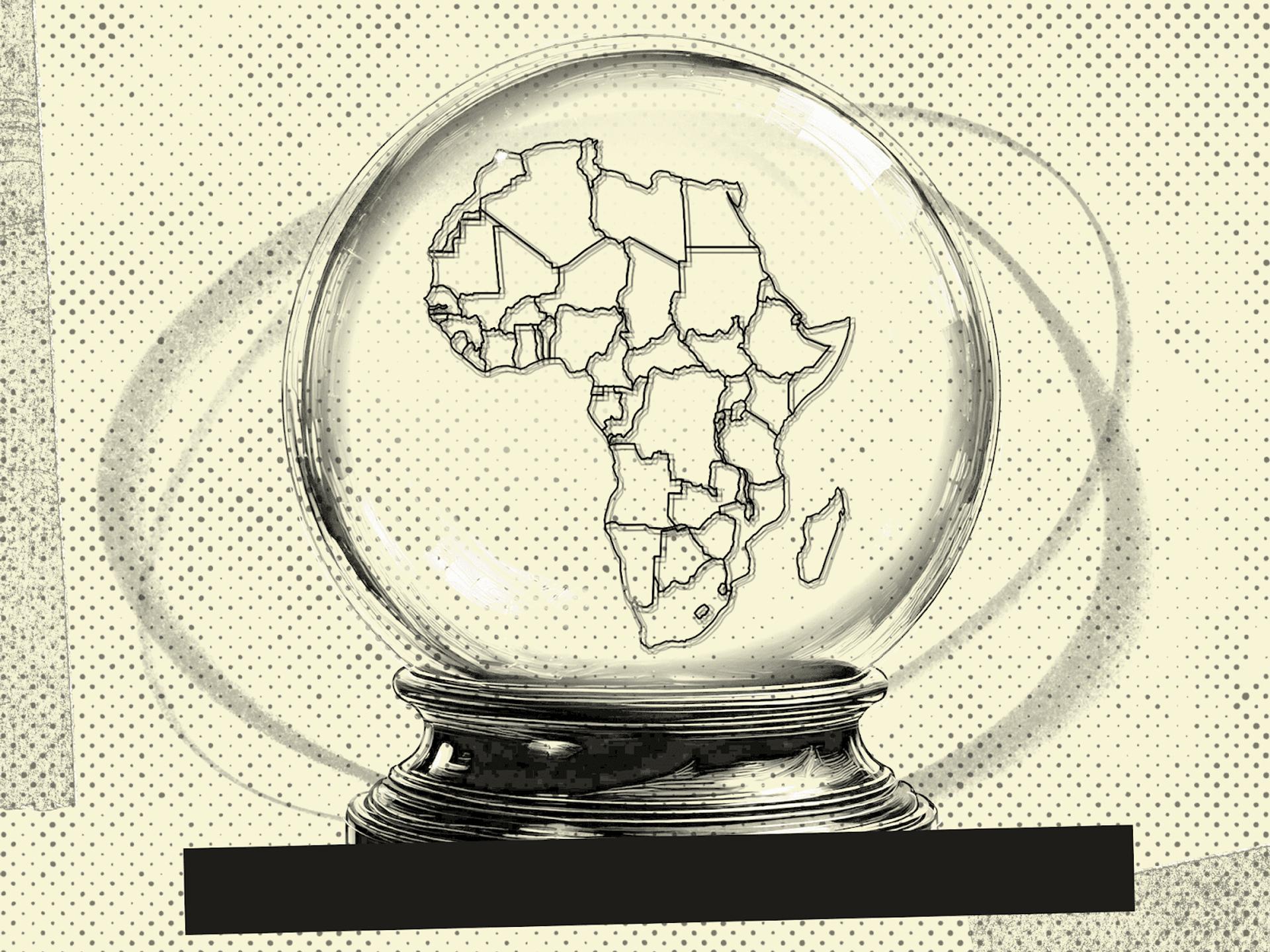The Scene
African countries face a range of challenges and opportunities over the next 12 months, from the impact of Donald Trump’s upcoming presidency on global trade to expected investments by China and Gulf nations. Semafor Africa asked key thought leaders for their predictions on what lies ahead in 2025.
Know More
On US-Africa:
Zainab Usman, director of the Africa Program, Carnegie Endowment for International Peace, Washington DC.
On trade there will be a lot of uncertainty around the future of the Africa Growth Opportunity Act and US-Africa trade relations in general. Even if AGOA gets reauthorized, will African countries be exempt from the wide-ranging tariffs that President Trump plans to impose on all imports into the US?
I’m perhaps a bit more optimistic that the Lobito Corridor project’s bipartisan support could help ensure its survival. Its discontinuation, as the major flagship infrastructure project supported by the U.S. in decades, would be damaging to US efforts to counter China in the infrastructure investment business in Africa and the Global South.
On Trump 2.0:
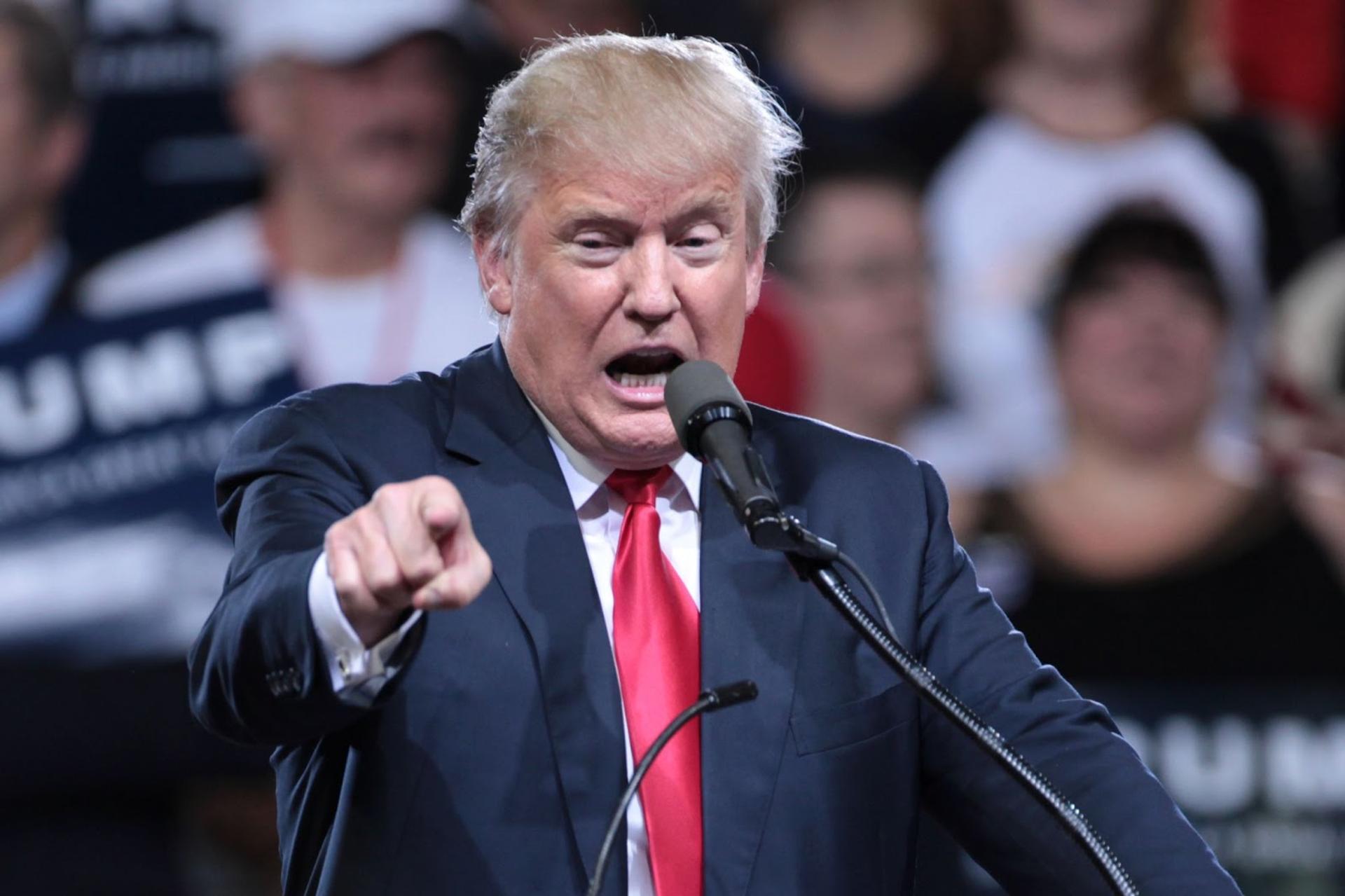
Cameron Hudson, analyst Center for Strategic and Intelligence Studies, Washington DC
The areas that stand out for me will be where President Trump will look to make his mark in Africa in 2025 include Somaliland’s possible recognition: This will come with a movement of some US forces out of Djibouti and some aid suspension to Mogadishu.
Then there’s the renewed focus for a ceasefire in Sudan: This will be a byproduct of an elite deal among Middle East leaders from Egypt, Saudi Arabia, and UAE to revive the Abraham Accords.
Finally, I expect a standoff with South Africa. Pretoria is likely to be made an example of for its pro-China, pro-Russia, and anti-Israel positions.
On China-Africa:
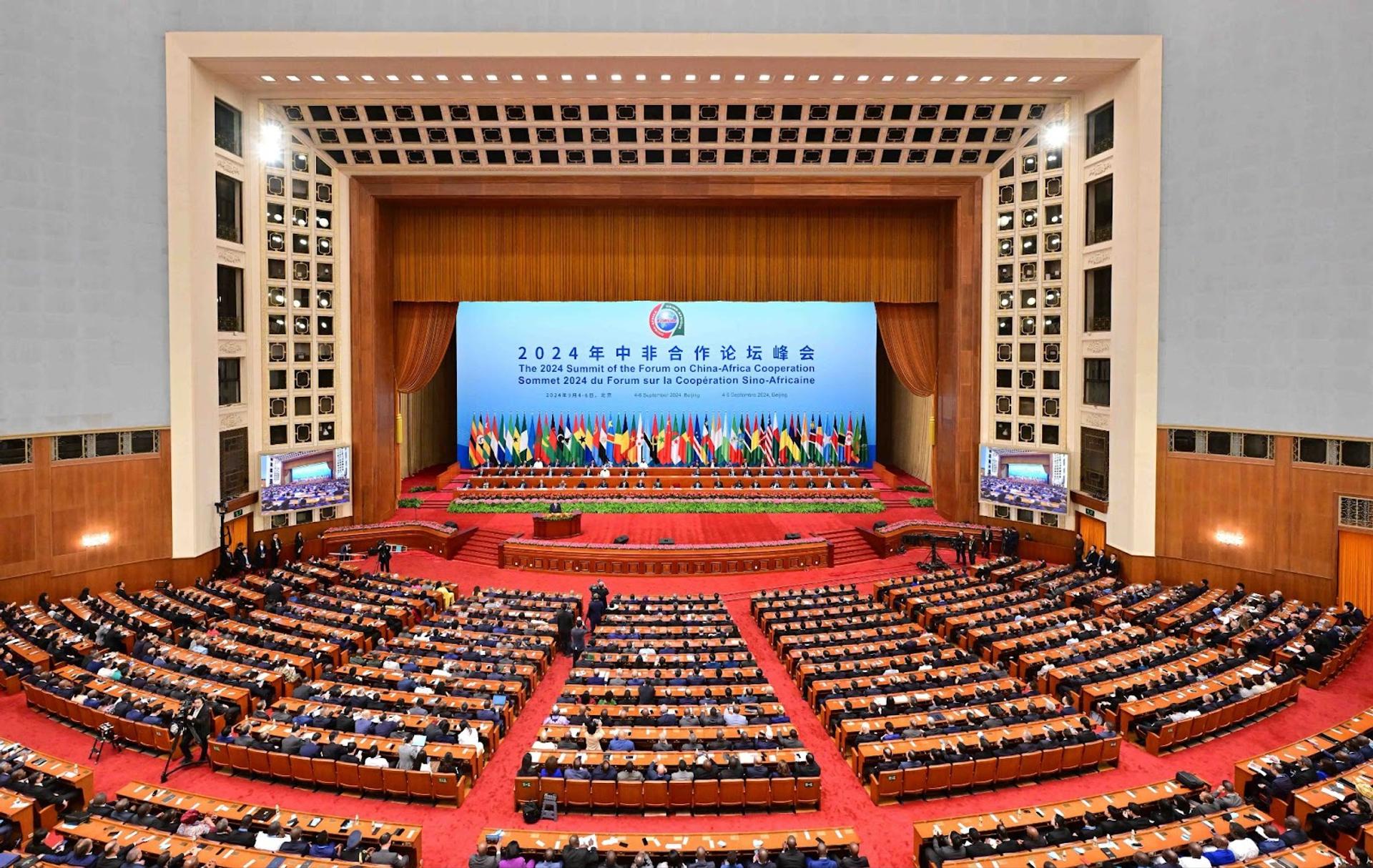
Christian Geraud Neema, Africa editor, China Global South Project
I’ll be watching how China-Africa relations will evolve and shape under an openly anti-China Trump administration that will surely be open about countries picking sides. Many African countries have clearly refused to.
I’ll also keep an eye on when the $1 billion Tazara rail project between Tanzania and Zambia is given a final agreement, it already has President Xi Jinping’s public backing. It’ll be important to see how the loans promised at the FOCAC conference in September will be delivered. China’s financing is evolving.
Lastly, it’s vital to see how China continues with its work in the critical minerals sector in Africa. Demands for local value chains have been growing, but so far China has responded very timidly but will they step up their game?
On climate finance:
Akim Daouda, Founder/CEO Mwaana, former head of Gabon’s sovereign wealth fund
In 2025, Africa will make incremental progress in balancing conservation and economic development. The Congo Basin and Sahel will remain central to global climate ambitions, with biodiversity and carbon credit markets expanding, though benefits for local communities will require close monitoring.
Key milestones will include pilot biodiversity credit projects in the Congo Basin, progress in decentralized renewable energy for underserved regions, and regional collaboration on conservation-linked economic policies under the African Union.
International climate finance is expected to rise, but delivery mechanisms will be critical to success. While transformation will take time, 2025 will lay the groundwork for Africa’s emergence as a leader in the global climate economy.
On African tech:
Tomiwa Aladekomo, CEO Big Cabal Media, publisher Tech Cabal, Lagos.
The rollercoaster continues in 2025. Macro conditions across the continent will continue to be challenging and will mean that founders continue to navigate rough terrain. I’m greatly encouraged by the quality of founders leading new businesses across the continent these days.
Lots more experienced operators, who have spent five plus years at other high growth startups, stepping out to do their own thing. The companies they are forming are more robust from jump and their theses are better grounded in experience and deep understanding of the continent. I look forward to seeing more of those startups break through in a big way.
On Africa’s angel investors:
Fadilah Tchoumba, CEO ABAN (African Business Angels Network)
I expect to see more strategic and targeted investments by angel investors, particularly in sectors such as agritech, climate tech, AI, sports and creative tech, and fintech. The growing interest in sustainable and impact-driven ventures will continue to be a significant trend, with investors focusing on opportunities that not only promise financial returns but also contribute to the broader development goals of the continent.
I also anticipate a rise in collaboration and syndication among early-stage investors—both angels and VCs—as the need for pooled resources and shared expertise becomes even more evident.
On South Africa:
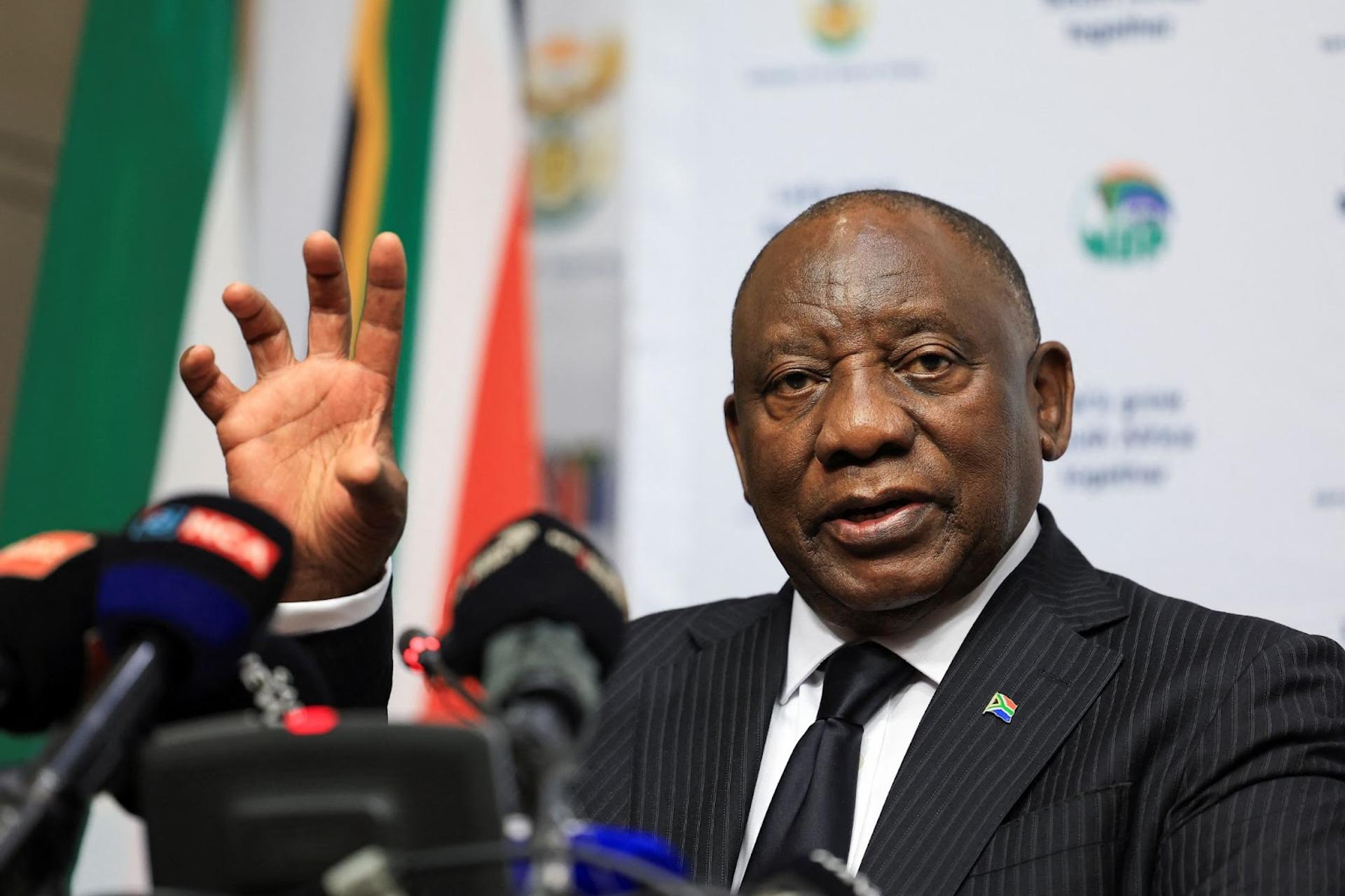
Lawson Naidoo, executive secretary of the Council for the Advancement of the South African Constitution
The Coalition Government is essentially a forced marriage, albeit with 10 partners! The main couple, President Ramaphosa’s ANC and the Democratic Alliance, however appear committed to making it work. To do that they must learn to trust each other, agree on a set of common goals and aspirations, and find ways of mediating disputes and arguments.
While the foundational ‘coalition agreement’ sets some of this out, in the coming year they will have to agree on the details of how to achieve those goals, and demonstrate to South Africans that they will indeed put the interests of the country first.
On Nigeria’s economy:
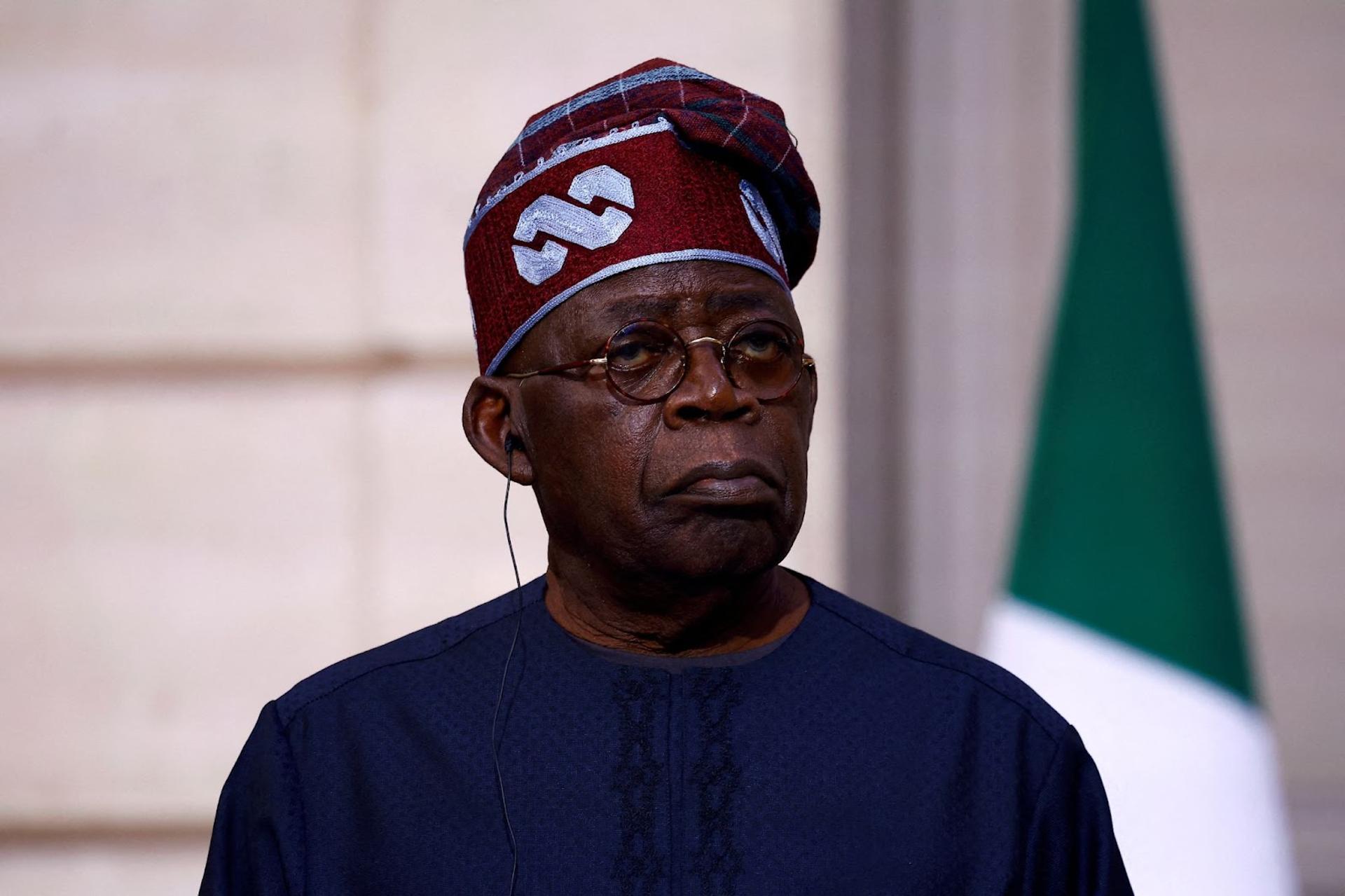
Cheta Nwanze, founder of SBM Intelligence
Despite OPEC’s quotas, President Tinubu’s government is aiming to produce two million barrels of crude oil per day at $75 each. I think they’ll be disappointed. I expect crude oil prices to range from $65 to $75 for most of the year, and the country to just about meet an average daily production of 1.8 million barrels, meaning there will be a shortfall in revenues which will worsen the fight over taxation.
I expect the economy to grow by 3.5%, driven by services. I also expect inflation to remain high, around 28%, and the naira may depreciate to above $1 to 2000 naira. That combination is likely to fuel social unrest.
On Ethiopia:
Brook Taye, CEO of the Ethiopian Investment Holdings, formerly Director General of Ethiopian Capital Market Authority
Ethiopia’s 2024 reforms — liberalizing the foreign currency market, launching the capital market, and opening the banking sector to foreign firms — ushered in transformative policies. In 2025, Ethiopia is positioned to reap the dividends of these reforms, driving economic transformation and marking a pivotal milestone in its development journey.
On Kenya:
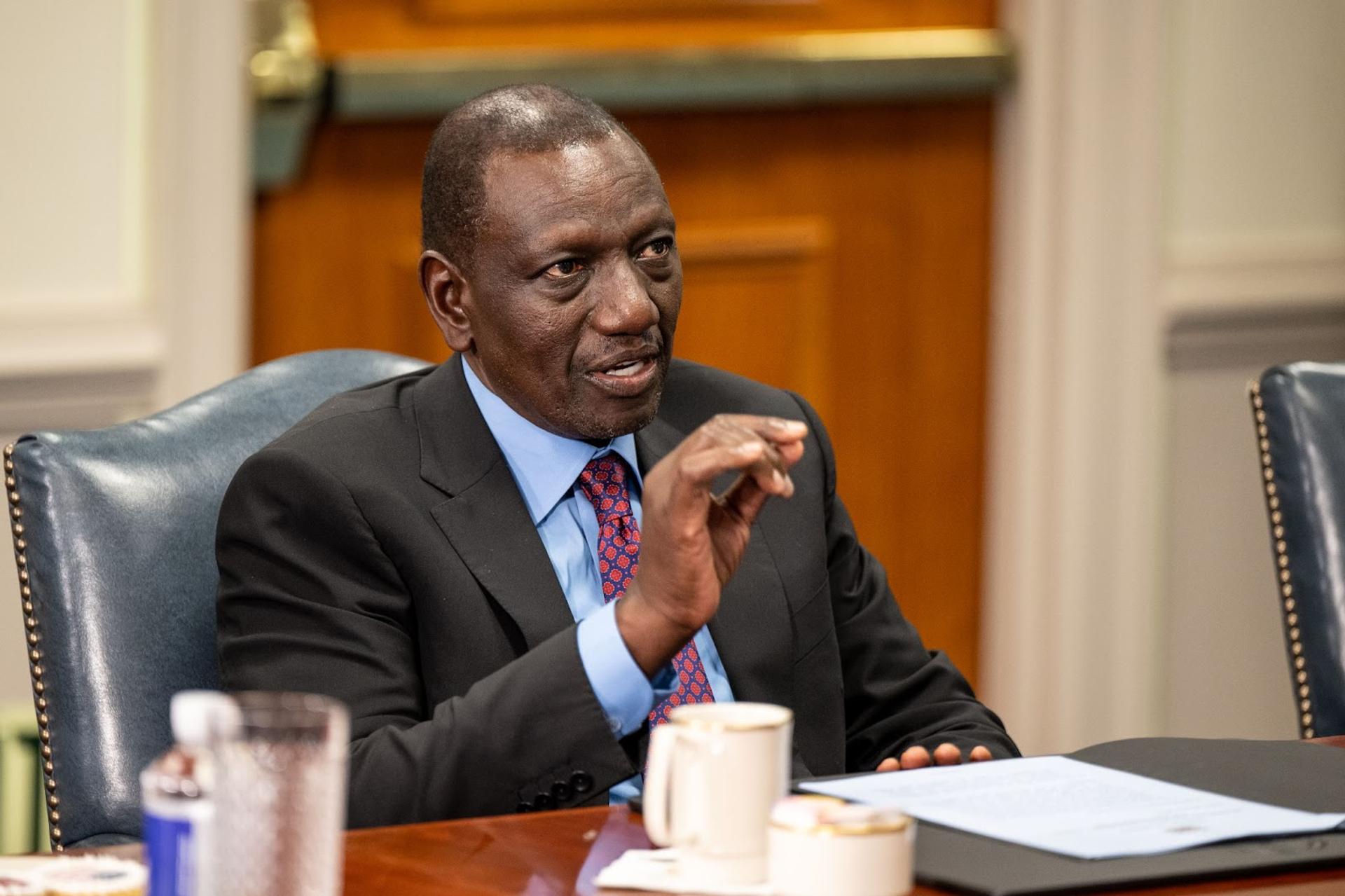
Ken Opalo, associate professor, School of Foreign Service, Georgetown University, Washington DC
President Ruto’s biggest achievements in his first two years in office have been avoiding a sovereign default and completely neutering the opposition as well as any institutional checks from the judiciary and parliament. In 2025 these successes may come to haunt him. Fiscal consolidation through high taxes and reduced spending continues to cause pain in the real economy. Unchecked power and his closed echo chamber are leading to a rapid deterioration in the quality of policymaking, as well as emerging autocratic tendencies like forced disappearances by alleged state agents.
On Ghana’s debt crisis:
Bright Simons, vice president leading research at Imani Centre for Policy in Accra
Over the last decade and half, Ghana got drunk on Eurobonds and giddy promises of vast petrodollars. The first step to healing is acceptance. In our Ghanaian context, acceptance means reforming the republic’s dealmaking culture.
Billions of dollars have been splashed on wasteful projects, mostly to enrich cronies and dazzle uncritical audiences. The incoming president’s duty is to slim down these obese deals and squeeze cash back. He will need every cedi.
